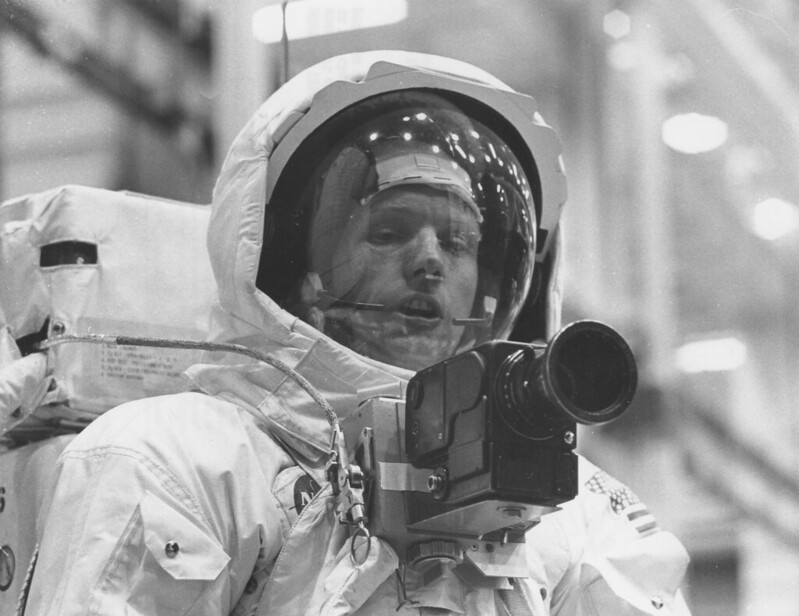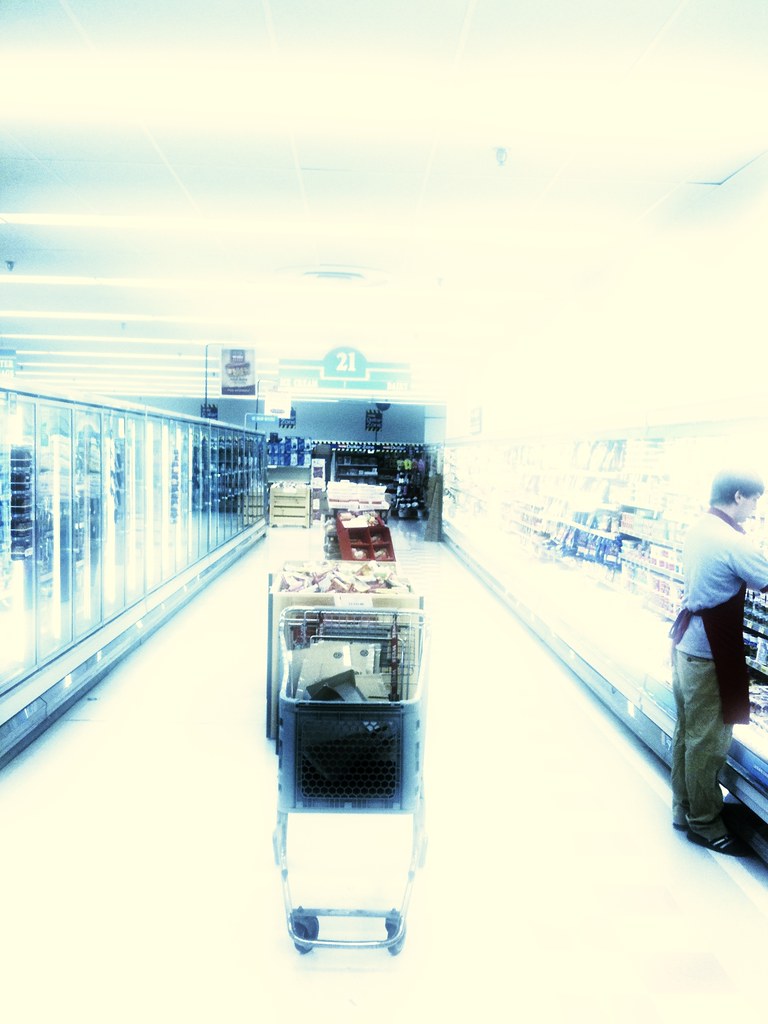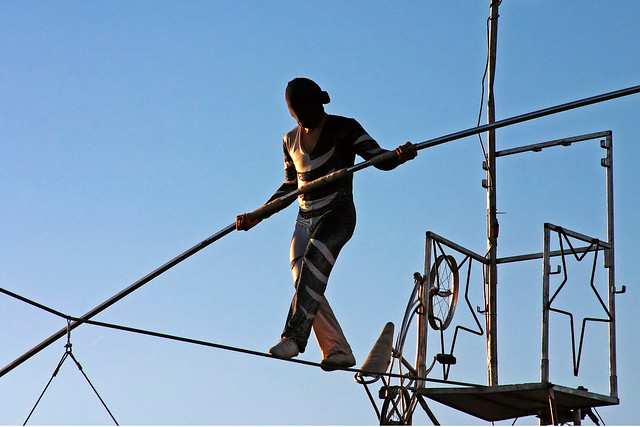Lately we’ve been talking about the way things were before. Before the pandemic that altered much of our lives. Some things are beginning to return to the way they were, but many things have changed for good. Working from home, for those who can work remotely, has proven to be as much, or even more productive than traditional work from an office setting. We can really identify things from the past and compare to how it is today when we have a defining moment, like February 2020.
I’m old enough to have seen a few “before times”. Many of us will remember when mobile phones were just phones. And some of us will remember times where none of us had mobile devices. Then there’s the internet. The “before times” put you back in the 1980s, where people still visited libraries and read newspapers. That is a pretty significant defining moment in history. Because before the world was introduced to the internet via the World Wide Web, information wasn’t as freely available and misused as it is today.

Back when we needed to look up information in libraries and books, or by way of informational films, documentaries and such, there were always legends and myths. Most of our legends are in print, and have been for some time. King Arthur and Robin Hood, Sinbad the Sailor, Sasquatch and Odysseus – they kept us entertained for hundreds of years or longer, even before writing was invented. The stories might be just that: stories. But many of us have been inspired by such fantastic tales.
Yes, the most important development since the industrial revolution has to be the internet. We are in the “information age”, which is pretty easy to see when you find yourself reading this post on your phone while you’re waiting for your coffee order. All the knowledge the world has ever known can be found by anyone with access to the internet. In the Great Before, the average person could still find facts and bits of information, but it required a lot more effort when compared with today. If you wanted to know about, say, the Bronze Age, well, there is the link. And there is so much to absorb, you might want to limit your research to the economic aspects or the significant technological advancements made in the 4th millennium BCE. It is an absorbing topic, and you will find rabbit hole after rabbit hole clicking on links left and right.
An all-nighter of web surfing (is that term still used?) would only be possible once personal computers became widely available, much like what Henry Ford did with the automobile. He didn’t invent them, that was Karl Benz, but Ford reimagined manufacturing to a point where the Ford Model T became the first car that was seen as “affordable”. Talk about a before times! All of a sudden people were traveling without being pulled by horses or having to go where rails could take them. Now that I think about it, the car was probably one of the worst inventions ever. But manufacturing techniques from earlier in the 20th century led to the mass production of personal computers, and eventually, connections among them. And now I can have a futuristic video call with my mom and my brother, who live 2,000 kilometers apart. Pretty damn cool!
It’s fascinating to watch in real time a super defining event in history. My parents witnessed the space race in real time. That must have been exciting, except that television was in its toddler phase in 1960. Now I can watch (when it’s online) a live stream from the International Space Station, and soon we might be able to get a feed from the James Webb Space Telescope. And right now I’m listening to Beethoven’s Piano Concerto no. 5 in E flat Maj. on another tab. It’s actually a little distracting, and that turns out to be one of the many pitfalls of our current age. The video wasn’t interrupted by ads, but many are. And those ads are, in my opinion, horrible. If I want to lose weight I need to move around more and eat the right foods. I don’t want your crap. Anyway, you know the drill. But there is always a downside to any new age. In the before-before times they tested nuclear weapons under the ocean. What were they thinking?!
The information age will end at some point, and this will be the before times of the next great age. What can we imagine that will look like? Will it be marked by the first humans to live on another planet? Or will artificial intelligence emerge as the next milestone in human civilization along with the splitting of the atom or creating metal alloys? Who knows? But I can tell you it will be beyond our wildest dreams.






